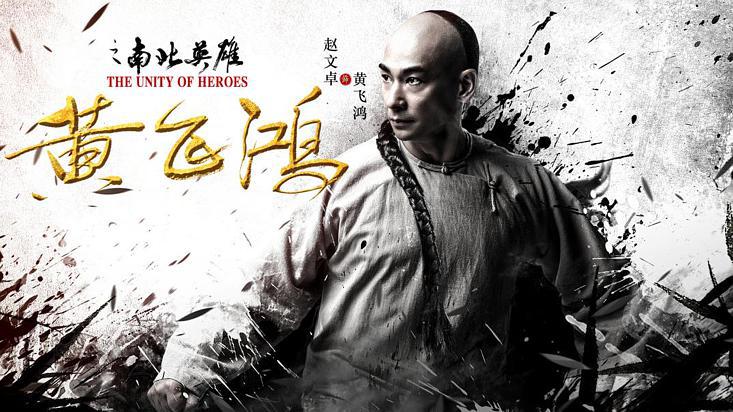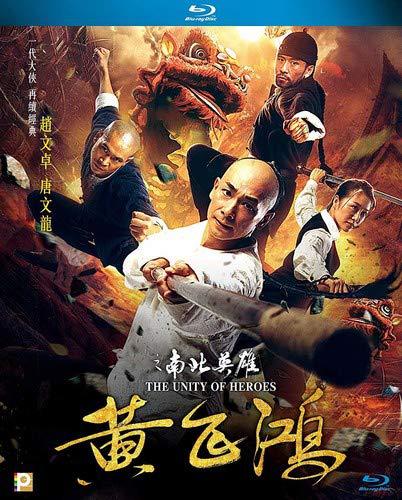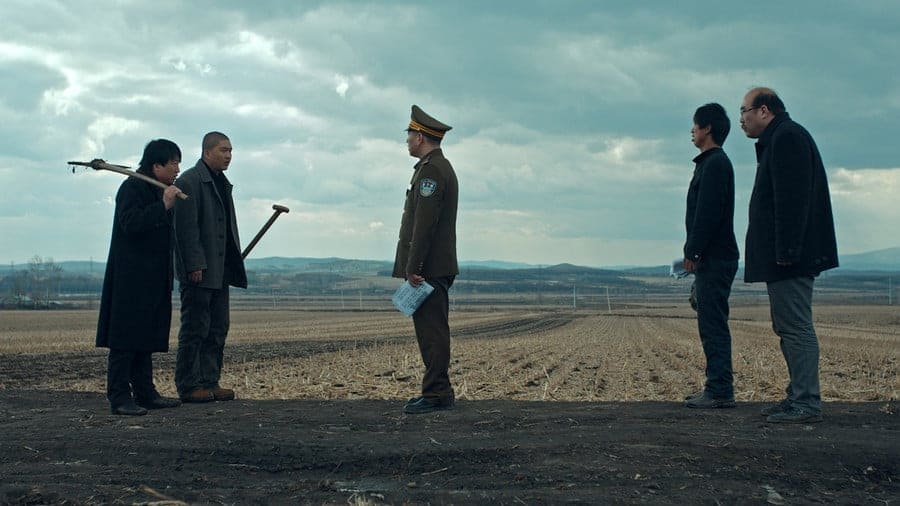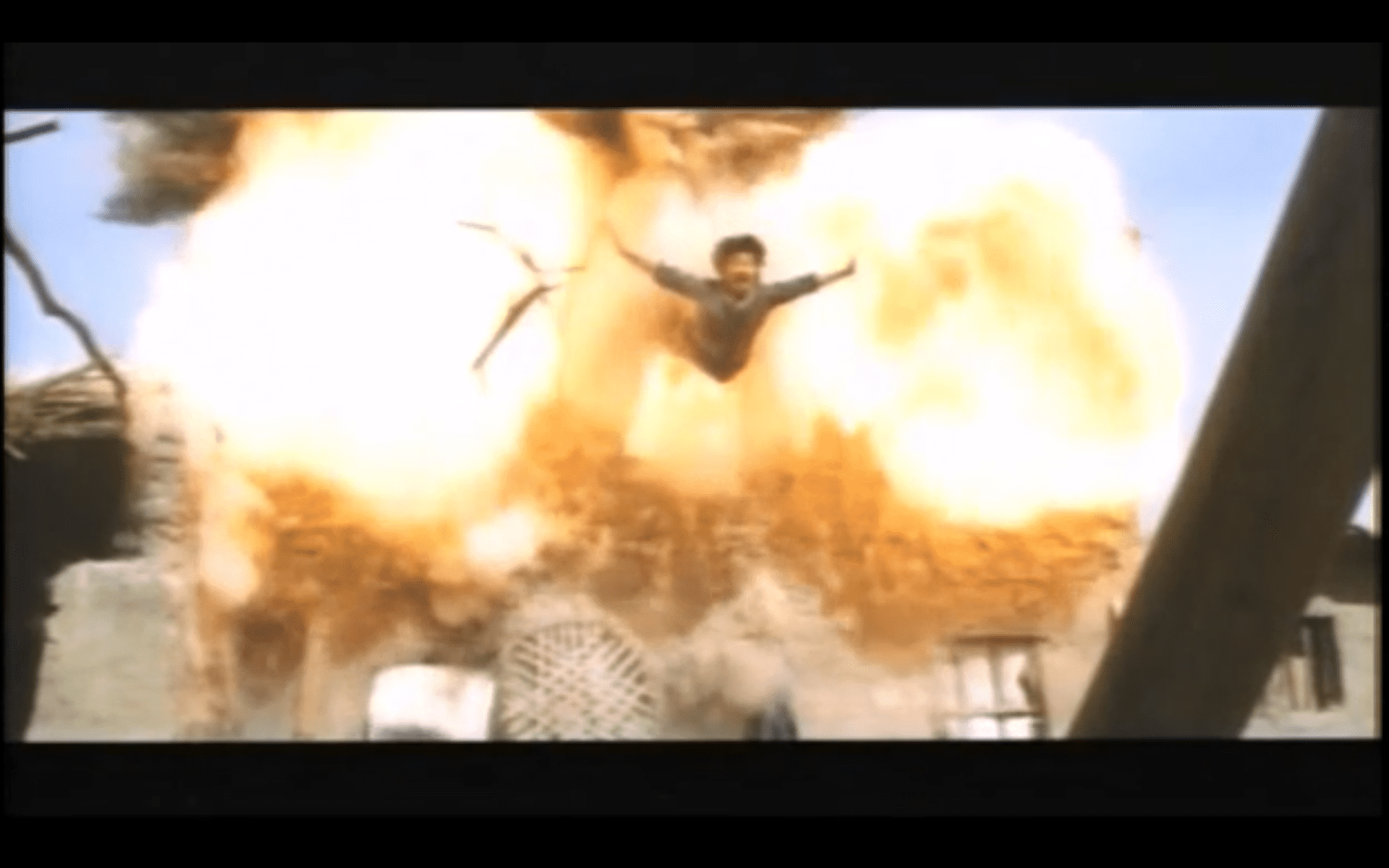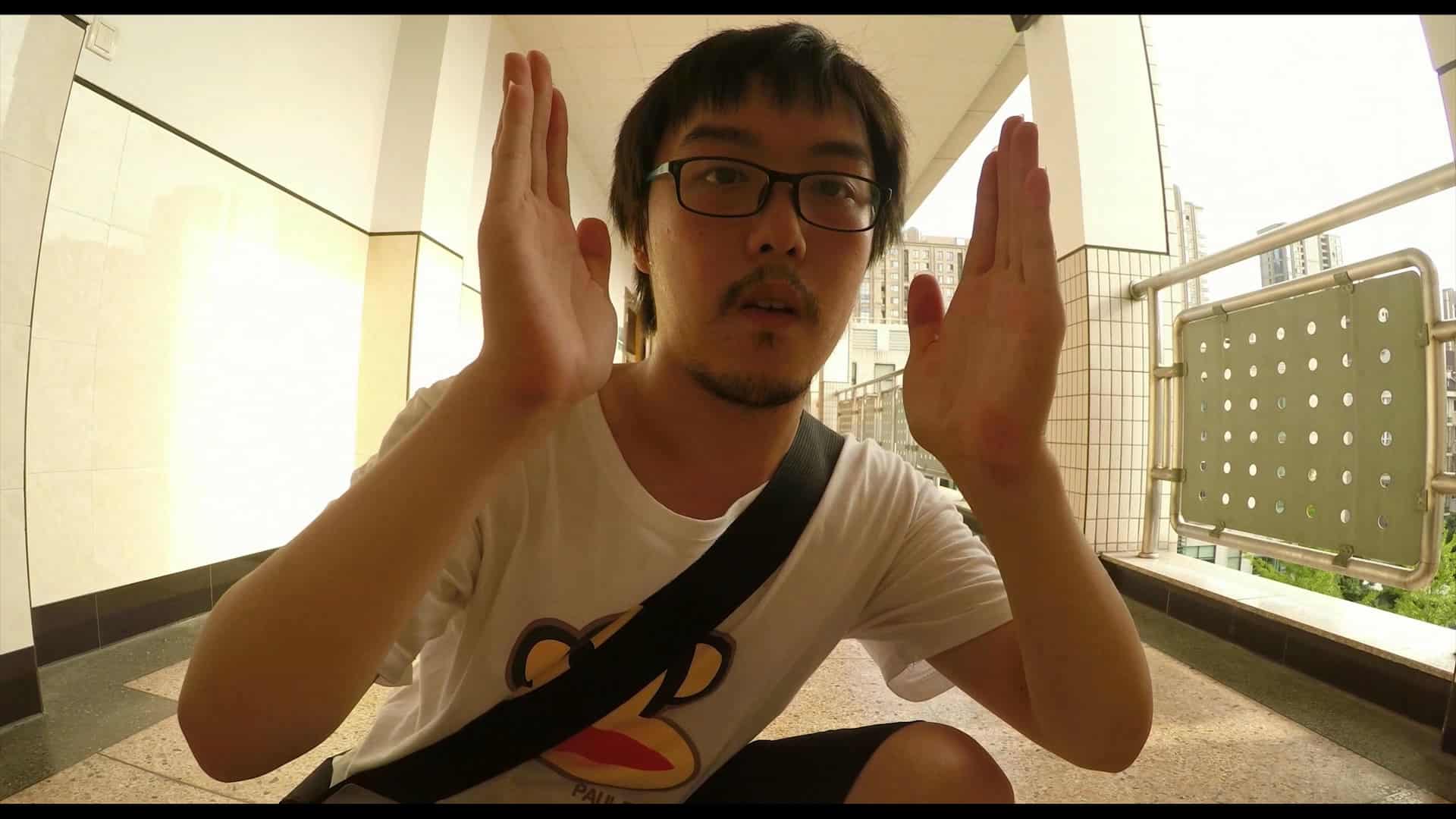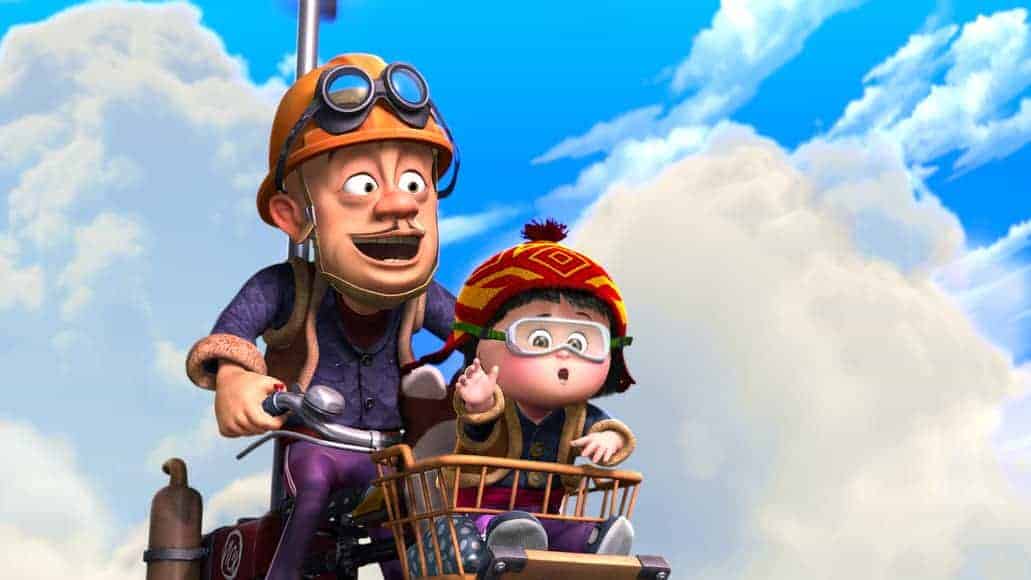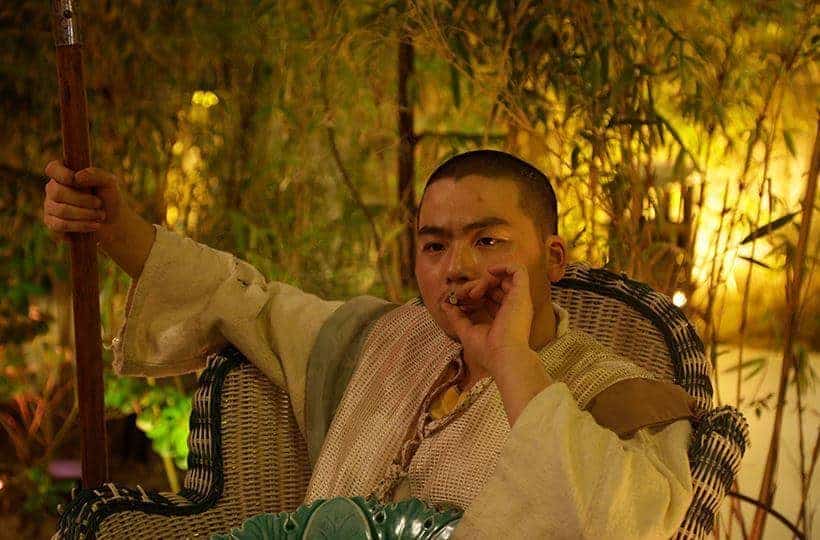Wong Fei Hung movies are a staple of Martial Arts Cinema going back to the Black & White era of Kwang Tak Hing, to Gordon Liu in “Martial Club” and even Sammo Hung in “Around the World in 80 Days”.So any new movie is automatically steeped in the lineage of the canon. In 2014, “Rise of the Legend” attempted a fresh take on the story of Wong Fei Hung, stripping it down to the bare parts and removing a lot of the elements familiar to regular watchers of Martial Arts Cinema. Whilst the success or failure of that movie is open to individual interpretation, at least it stood on its own merit. With “The Unity of Heroes”, we have a tale that returns all the elements that made the “Once Upon a Time in China” series so popular but by doing so, invites comparison with the past.
Buy This Title
Vincent Zhao had the unfortunate task of replacing Jet Li in the “Once upon a Time in China” Series in the 1990's, starring in parts 4 & 5 which sadly have been largely forgotten in the cannon of Wong Fei Hung Movies. “The Unity of Heroes” can't help but echo the shadows of the past, despite it's best efforts.
Wong Fei Hung (Vinncent Zhao) is on route to meet with Aunt 13 (Wei Ni) when he is inadvertently brought into confrontation with students of Master Wu's Northern Fist School, after Ah Foon comes to the aid of Captain Lu (Wei Xhaohuan). Aunt 13's arrival coincides with the opening of a new Western Hospital, outwardly looking to cure the Chinese of their opium addiction. Aunt 13 joins the hospital to learn about the cure and befriends Captain Lu, who unbeknownst to her is working for Vlad, the head of the hospital who is conducting illegal experiments on the Chinese and kidnapping the poor in Fushan. A series of misunderstandings between Fei Hung and the Northern Fist school are exploited by Vlad as the film heads to it's climactic battle.

The fight sequences present a return to the more extravagant wire-fu of old struggles to make a significant impact, not through the choreography itself but by the way it is shot. In a number of sequences, the action is edited like a blur of movements and in medium shot, thus losing some of its effect. Whilst we see the outcome of the moves, the moves themselves are at times hard to distinguish. Fortunately the “No shadow Kick” trademark of any Wong Fei Hung movie is seen at it's best.
The other echo to the past series is the treatment of foreign influence. The “Once upon a Time in China” series was originally shot in the early 1990's, and the uncertainty of its time with the looming handover to China reflecting itself in the portrayal of a West assuming control at the expense of native Chinese. Here, the Western influence is even more malevolent. The supposed treatment of heroin addiction is something out a Frankenstein laboratory, with the Chinese “providing” an endless source of test subjects. Aunt 13, in earlier tales, is portrayed as a more progressive character at odds with the more traditional Wong Fei Hung and his struggle to accept the changing world around him. Here the debate is very much one sided in favour of the traditionalist point of view, perhaps mirroring the current political ideology.

A more positive echo is the redemptive arcs we see in the supporting characters of Master Wu and Captain Lu, a throwback to the more Confucian elements of the characterisation in these movies and adds a little more depth. The return of the traditional supporting cast of Ah Foon, Butcher Wing and Seven A carry over from latter Wong Fei Hung Movies and provides a comic trio that livens up the movie at parts.
Vincent Zhao has come a long way since the beginning of his career and the comparison with Jet Li. Whilst still not completely escaping his shadow, he does bring a gravitas to the part even if the chemistry with Wei Ni is lacking. Indeed his scenes with Master Wu seem to have more emotion than with his love interest. Wei Xiaohuan has the meatier part as the conflicted Captain Lu and demonstrates some crisp movements in her fight scenes. As for the rest of the cast, they perform their parts as well as can be expected.
Whilst it lacks the fluency of the best of the Wong Fei Hung canon and suffers from an unfortunate and inevitable comparison to its predecesors, “Unity of Heroes” is a perfectly enjoyable movie in it's own right if you can put these comparisons to the side. By no means a classic but also not a disaster. It does what it says on the tin and if you enjoy these movies then will find it a passable way to spend 104 minutes of your time.


